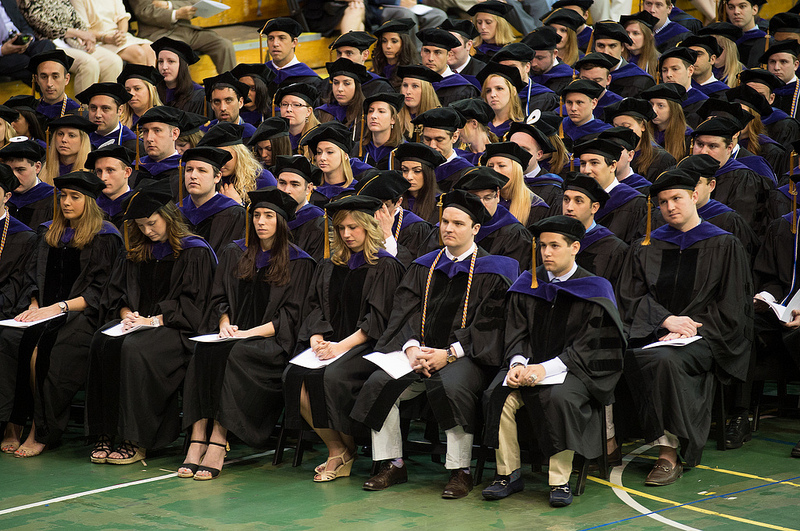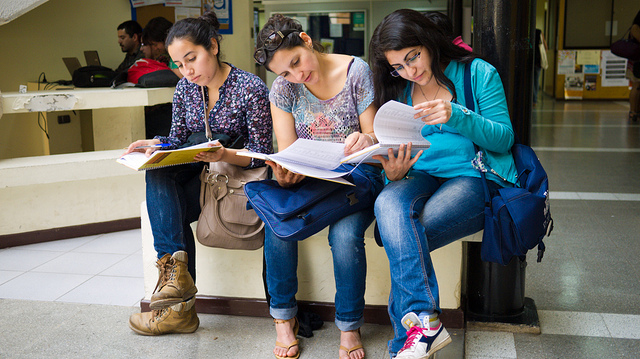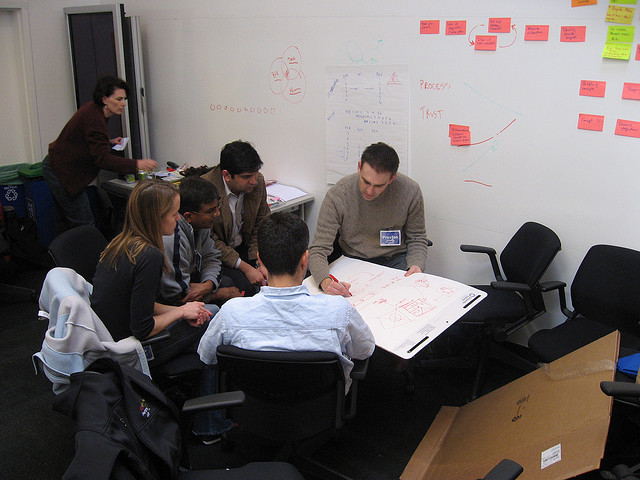Last week, the Senate held a hearing scrutinizing the temporary H-1B skilled worker program, the second hearing of its kind within just one year. At issue was the protection of American jobs and dissatisfaction with the program among conservatives in the Senate, who believe the program has caused job displacement at the expense of thousands of Americans. Beyond their own political convictions, Republican Senators eyeing the White House, have also scrutinized the H-1B visa program, in order to appease voters who, maintain a hard line stance on immigration.
During the hearing, the Senate Judiciary panel considered testimony questioning the integrity of the H-1B visa program. Many witnesses accused their employers of violating the conditions of the program, alleging that their employers sought to replace American workers with foreign workers by utilizing the H-1B visa program to pay those workers lower wages. This accusation is troublesome for various reasons. Firstly, it is well known that the H-1B visa program requires an employer to hire a foreign worker in a specialty occupation only when the employer cannot obtain the necessary skills and abilities to perform the specialty occupation within the American workforce. H-1B workers must possess distinguished merit and ability, and demonstrate their qualifications through the attainment of a bachelor’s degree or its equivalent, in the intended field of employment. Secondly, the H-1B visa program contains provisions which are specifically designed to protect similarly employed American workers from any adverse affects suffered from the employment of temporary foreign workers. Consequently, there are also provisions which aim to protect H-1B nonimmigrant workers from H-1B violations. One of those provisions includes the requirement that American employers pay temporary H-1B workers at least the ‘prevailing wage,’ the average wage paid to similarly employed workers (experience and qualifications) in a specific occupation in the area of intended employment. This would mean that any employer seeking to use the H-1B visa program for the purposes of obtaining ‘cheap foreign labor’ or to replace American workers would be violating the conditions of the H-1B visa program altogether.
 Visa Lawyer Blog
Visa Lawyer Blog










